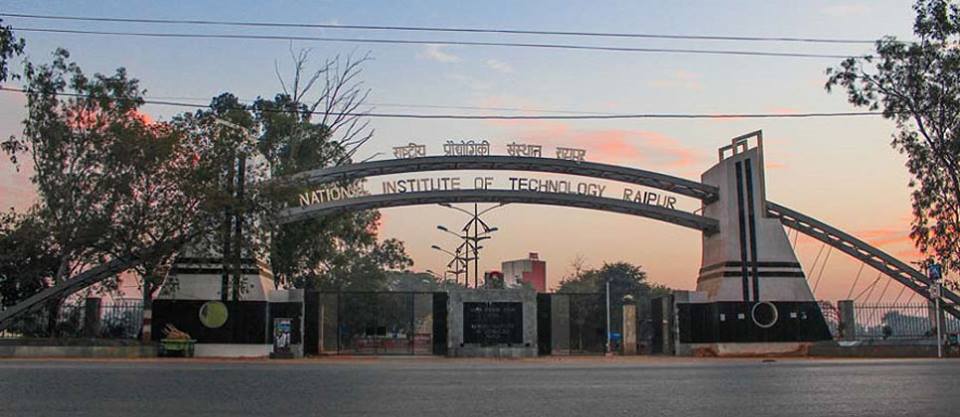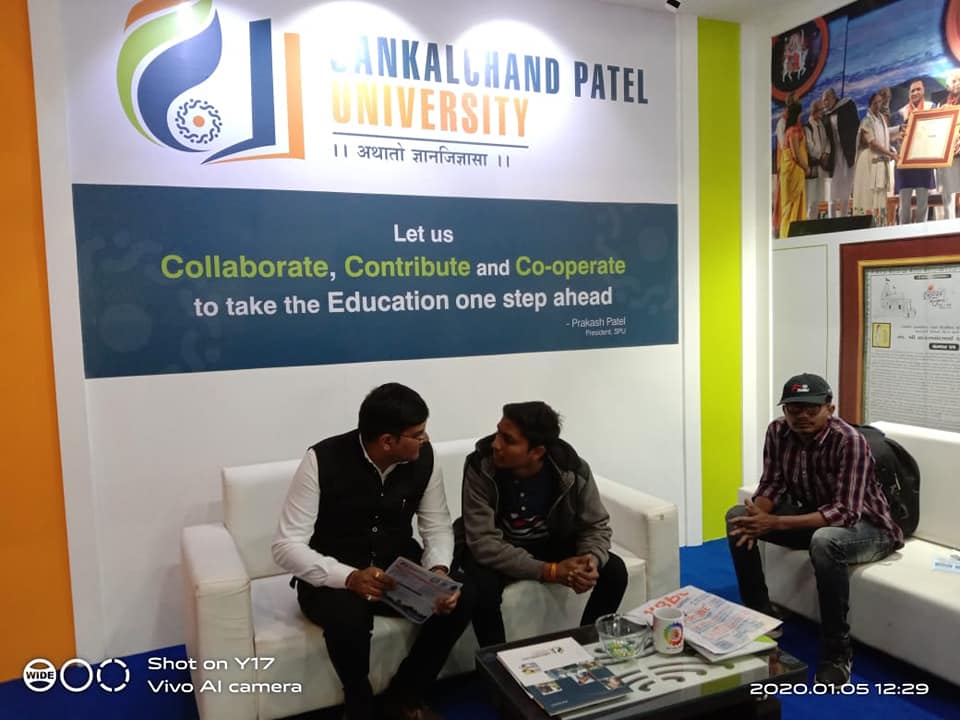Mumbai: Engineering Services Examination (ESE) 2018, a national level civil services examination conducted by the UPSC to recruit technical/engineering graduates to serve the various departments/organizations of Union Government of India. Nearly three lakh candidates apply for the competitive test each year. Out of these candidates, around 500 candidates are recommended to fill up the vacant posts.
The UPSC will release official notification on 27 September 2017 for Engineering Services (Preliminary) Examination, 2018. The exam for the same will be conducted on 07 January 2018 (Sunday).
As per the UPSC examination calendar 2018, the online application window will commence from 27 September 2017. The last date for submission of application is 23 October 2017. ESE Preliminary Exam will be held on 7 January 2018. The ESE Main Exam will be held on 1 July 2018.
ESE has three stages of examination: Preliminary; Mains; Interview. Successful candidates in the preliminary exam will then appear for the main examination on 1 July 2018. The qualified candidates in Main exam will appear Personality Test/ Interview.
General Educational Qualification: The applicant should possess a degree in Engineering from a recognized University or Institute by the Government of India.
The candidates who have attained M.sc degree with Electronics, Wireless Communications and Radio Physics as a special subject can apply for certain posts.
Engineering Branches Included for ESE:
Civil Engineering
Electrical Engineering
Electronics & Telecommunication Engineering
Mechanical Engineering
Here it can be mentioned that for ESE 2017, the Union Public Service Commission (UPSC) recommend a total of 500 candidates for appointment to various Services/Posts in the Ministries/Departments concerned.
As per the Annual Report 2015-16 of the UPSC , more that 2.5 lakh candidates applied for the examination. As against a total of 92,817 candidates, who had appeared in the written examination, a total number of 1,134 candidates qualified for the Personality Test. A total number of 434 candidates were recommended. Hence, out of each 576 candidates only one was able to crack the competitive exam.









